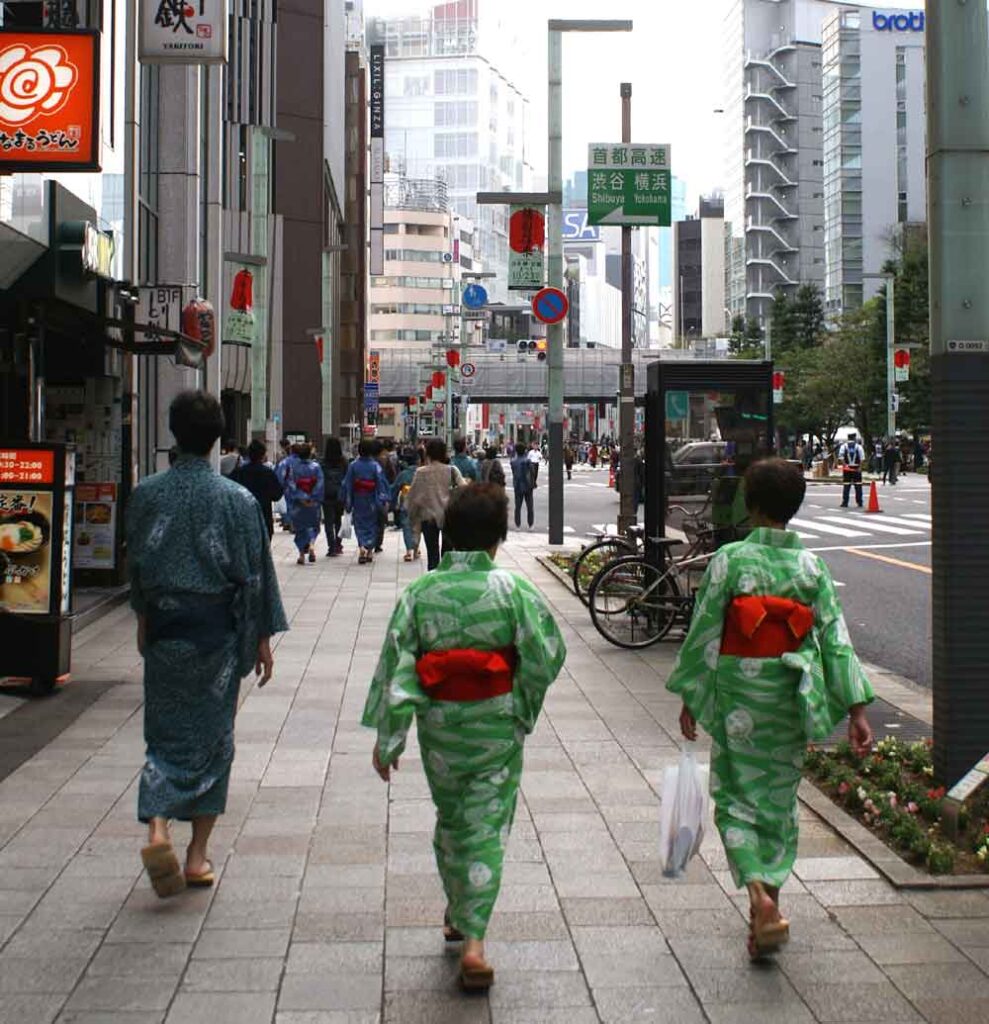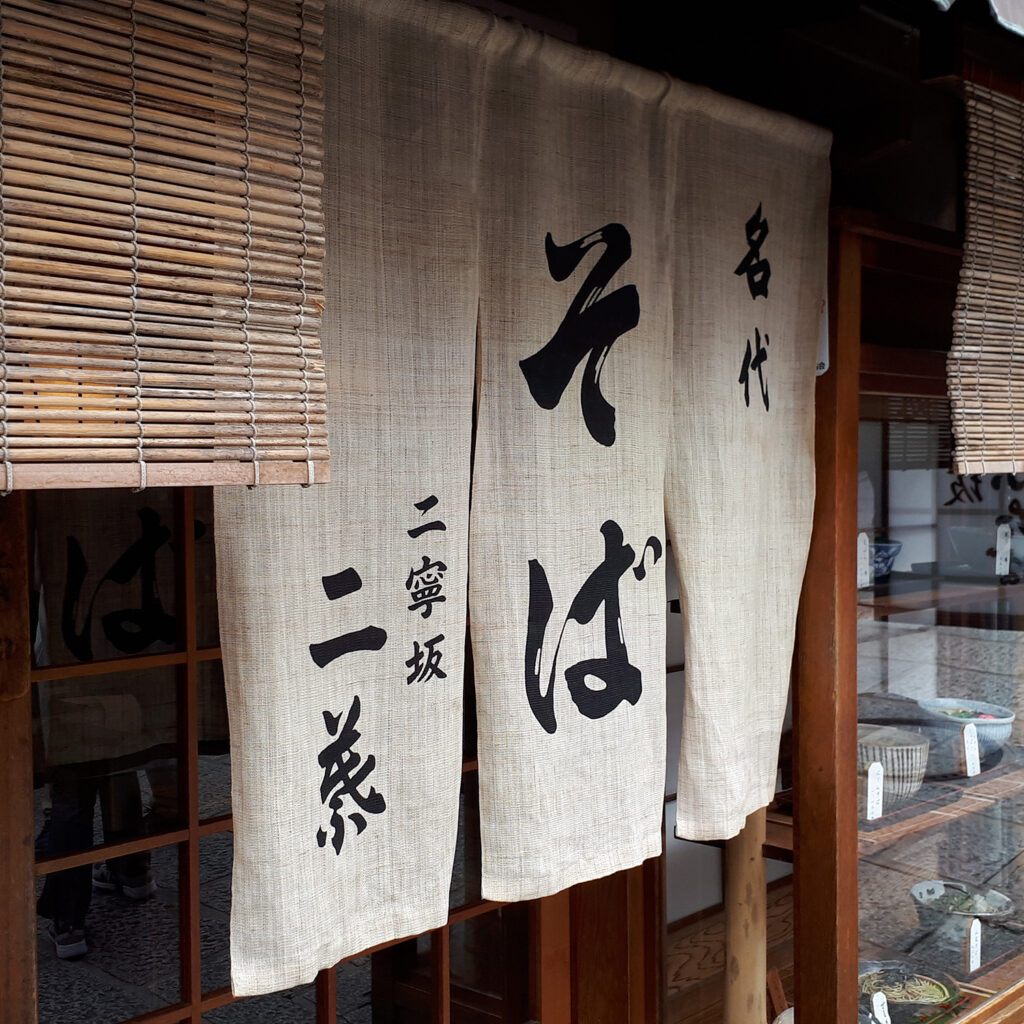Politeness is a fundamental value in Japanese culture. It is omnipresent in all aspects of daily life, whether in social or professional interactions or even in the Japanese language itself.
Respect and politeness are considered key elements in maintaining social harmony and interpersonal relationships. Politeness in Japan is also linked to the concept of hierarchy, where people of higher rank are treated with a higher level of respect and politeness than people of lower rank.
In social interactions, the Japanese have a set of polite rules to follow. For example, when entering a home or workplace, you must remove your shoes before entering. Visitors should also bring a small gift, such as a souvenir or candy, to show their appreciation.
When meeting people, it is important to greet them with deep respect. The Japanese have a variety of greetings depending on the situation, such as “Konnichiwa” (good morning), “Arigato gozaimasu” (thank you very much) or “Sumimasen” (excuse me).
Japanese language itself also reflects the politeness norms of the culture. Verbs and adjectives have different forms to indicate the level of respect one should have for others. For example, the verb “suru” (to do) has a polite form “shimasu” which is used for formal interactions.
The business world in Japan is also strongly influenced by politeness norms. Business meetings are often preceded by the exchange of business cards and formal greetings. During negotiations, it is important to maintain a calm and respectful tone and never lose your temper.
Finally, politeness also manifests itself in the norms of behavior and respect towards the elderly and seniors. Elderly people are considered to be holders of wisdom and knowledge, and it is important to show them a high level of respect.
In sum, politeness is a fundamental value of Japanese culture. It is embedded in all social interactions and is considered essential for maintaining harmony and interpersonal relationships. The norms of politeness are deeply rooted in Japanese language, behavior and traditions, making it a unique and fascinating culture to discover.
Here are some examples of politeness in Japanese culture:
- Use of honorifics: Japanese people often use honorifics to show respect to others. For example, “san” is added after a person’s name to show respect, such as “Sato-san”.
- Bowing: The Japanese greet each other by bowing. The angle and duration of the tilt depends on the social status of the people involved and their relationship.
- Exchanging business cards: Japanese people often exchange business cards when they meet for the first time. The cards are presented with both hands and we take the time to read the information carefully before putting them away carefully.
- Rules of behavior in public places: The Japanese are very attentive to others in public places, such as on public transport. They avoid making noise, eating or drinking, and they always leave seats for the elderly or people with special needs.
- Gift Rules: Gifts are often given in Japanese culture to express gratitude or kindness. It is common to give gifts in pairs, such as two pieces of fruit or two tea bags, to express the idea of sharing. Gifts are often carefully wrapped and the receiver takes the time to thank the giver several times.
- The rules of communication: The Japanese are very attentive to the nuances of communication. For example, they often avoid saying “no” directly to avoid hurting the other person and prefer to use more indirect expressions like “it’s not easy” or “I’ll think about it”.
- Mealtime rules: Mealtimes are often an opportunity to show politeness. The Japanese often serve each other before serving themselves, and they avoid eating loudly or talking with their mouths full. They also thank their host several times for the meal.
- Rules of dress: The Japanese are very attentive to their appearance and they consider dress to be an important aspect of politeness. They often wear formal clothes during professional meetings or ceremonies, and they are very attentive to their personal hygiene.
- Rules of behavior in temples and shrines: Temples and shrines are important places in Japanese culture. Visitors should observe rules of behavior, such as removing their shoes before entering and avoiding speaking loudly or taking photos in sacred areas.
Overall, politeness is considered an important part of daily life in Japan, and Japanese people place great importance on how they interact with others. The rules of politeness are taught from childhood and are reinforced throughout life, which contributes to maintaining a harmonious and respectful society.





